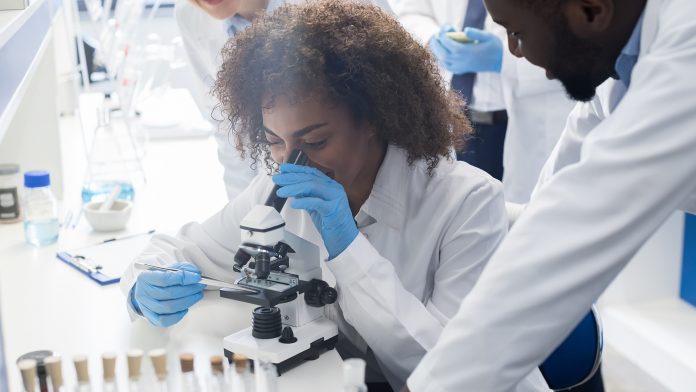
Scientists are set to receive £1.7 million from Cancer Research UK to investigate the root causes of cancer and how to improve treatments.
Cancer is a condition where cells in a specific part of the body grow and reproduce uncontrollably. In the UK, one in two people will develop some form of cancer during their lifetime, and the most common types are breast cancer, lung cancer, prostate cancer and bowel cancer. Some root causes of cancers include excessive exposure to UV rays, dietary choices, and smoking.
Now, select research teams will receive £1.7m to provide new answers to questions and potentially change the future of cancer diagnosis and care.
Exploring the causes of cancer cell growth
Professor Stephen Tait of the Cancer Research UK Beatson Institute and the Glasgow University School of Cancer Sciences is set to receive £1,646,832 to investigate the causes of cancer cell growth and how out-of-control growth leads to tumours.
Furthermore, the research will also explore how cancer cells can cheat death by avoiding the “kill switch” mechanism. This mechanism stops tumours from growing, and its discovery led to the development of a new class of anti-cancer drugs called BH3-mimetics. These directly target this mechanism effectively in different cancer types.
However, other research has concluded that the “kill switch” mechanism can be a key cause of cancer growth if the mechanism is not fully activated or if the cancer cells find a way to tell nearby cells to keep growing, leading to reduced effectiveness of cancer treatments. Professor Tait’s team will explore this further to understand how pancreatic and bowel cancer cells survive activation of the “kill switch” mechanism and explore a potential method for removing surviving cancer cells.
How to overcome cancers that are resistant to radiotherapy?
Dr Conchita Vens, from the Wolfson Wohl Cancer Centre, will also receive £99,000 to look into how to overcome cancers which are resistant to radiotherapy.
The focus point is glioblastoma, an aggressive form of cancer which mainly occurs in the brain and is difficult to treat. Currently, it is a priority for Cancer Research UK to find new ways to tackle brain tumours.
People with glioblastoma are treated with surgery, radiotherapy and chemotherapy. However, radiotherapy combined with drugs like temozolomide is the most common treatment option. Not all patients can benefit from these drugs, and brain tumours often return after treatment.
The team will also work with Professor Anthony Chalmers to explore PARP inhibitors – a type of drug which stops cancer cells from repairing damage to their DNA caused by radiotherapy. They have been shown to make radiotherapy more effective, under certain conditions, in treating glioblastoma. However, low levels of oxygen in brain tumours can stop radiotherapy, or drugs like PARP inhibitors from working well.
The team will test whether a combination of radiotherapy with PARP inhibitors and drugs can reverse low oxygen. They will test if the drugs increase oxygen levels in glioblastoma and determine how effective the combination is. If successful, the team hope the new drug combinations can be tested in clinical trials to improve glioblastoma treatment.
























